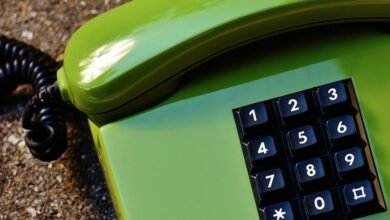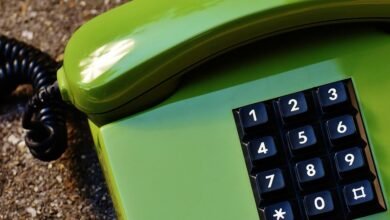Suspicious Identity Guard Caller Verification Hotline Service 3914535791 3505360681 3276050149 3886570500 3342745207 3664479247

The Suspicious Identity Guard Caller Verification Hotline Service presents a crucial tool in the ongoing battle against scams and identity theft. By utilizing designated numbers, individuals can ascertain the authenticity of incoming calls. This service not only fosters personal security but also raises awareness about prevalent fraud tactics. However, one must consider the potential limitations and effectiveness of such a verification system. What implications could this have for personal privacy and trust in communication?
Overview of the Suspicious Identity Guard Caller Verification Hotline
In an era where identity theft and fraudulent activities are increasingly prevalent, the Suspicious Identity Guard Caller Verification Hotline serves as a crucial resource for individuals concerned about the legitimacy of incoming calls.
This service empowers users to verify the identities of suspicious callers, thereby reducing the risk of falling victim to scams. Its existence underscores the importance of vigilance in protecting personal information.
How the Hotline Works
The functionality of the Suspicious Identity Guard Caller Verification Hotline is designed to provide users with a straightforward process for assessing the authenticity of incoming calls.
Benefits of Using the Verification Service
Although many individuals may not realize it, using the Caller Verification Hotline service offers significant advantages in enhancing personal security and reducing the risk of falling victim to scams.
This service serves as a vital tool for identity protection, enabling users to verify callers’ legitimacy.
Evaluating the Effectiveness and Credibility
Assessing the effectiveness and credibility of the Caller Verification Hotline service requires a systematic examination of its operational protocols and user experiences.
Effectiveness metrics should include response times and user satisfaction levels, while a thorough credibility assessment must evaluate the reliability of the information provided.
This scrutiny will ensure that users can make informed decisions, fostering a sense of trust and autonomy in utilizing the service.
Conclusion
In an age where scams proliferate like weeds, the Suspicious Identity Guard Caller Verification Hotline stands as a beacon of security for individuals. By offering a straightforward method to verify incoming calls, it equips users with the knowledge needed to navigate the treacherous waters of identity theft. The efficacy and credibility of this service, while promising, invite careful scrutiny, ensuring that users remain vigilant and informed in their quest for personal safety.





